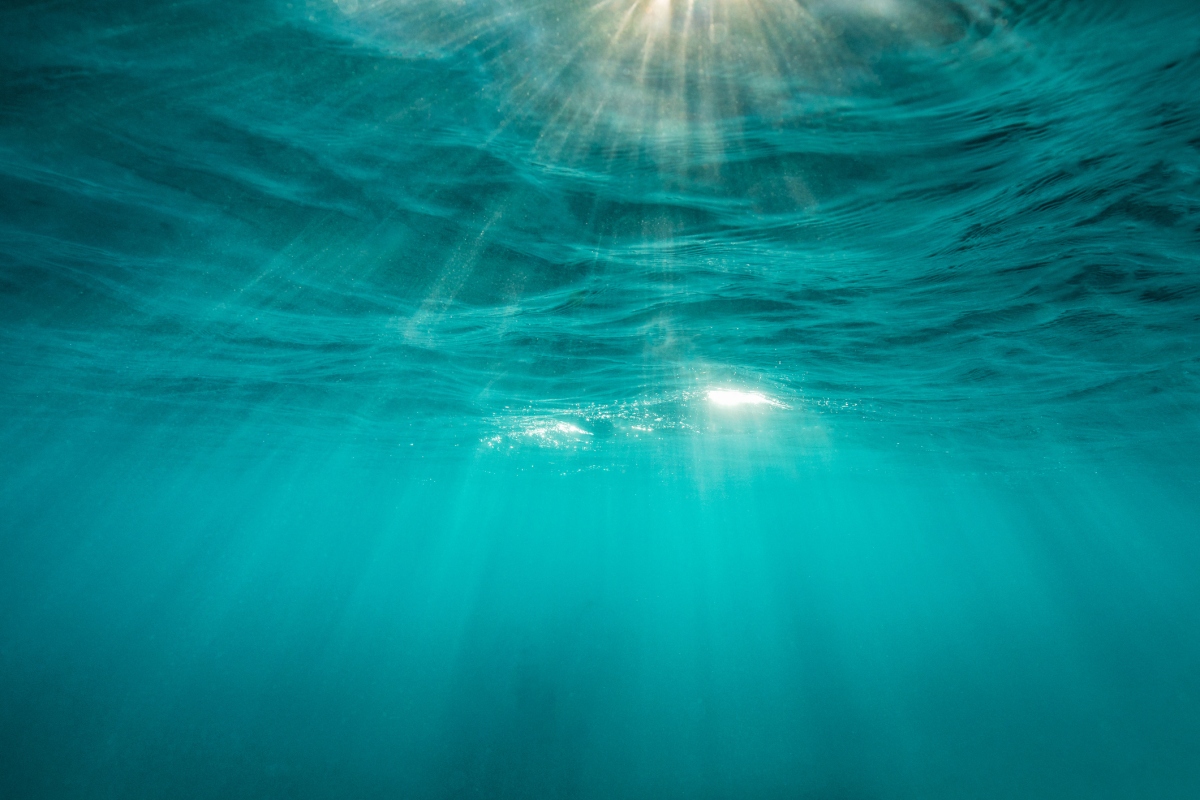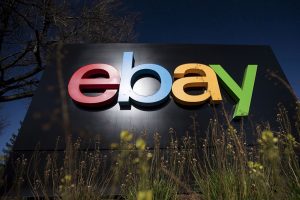
Sustainable Ocean Alliance converts its accelerator into a broader ‘Ecopreneur Network’
Startup accelerators are interesting places, but the model of packaging a good idea and firing it at VCs from a demo day cannon is getting diminishing returns. The Sustainable Ocean Alliance (SOA) and its own accelerator seem to see this and luckily have grown a community large enough to justify shifting to a new, less rigid model, which it is launching today.
The SOA is an advocacy and investment organization aimed at increasing visibility of both ocean issues and the companies being formed to address them. The dozens of startups that have passed through its Ocean Solutions Accelerator have raised more than $300 million collectively.
But as communities like this grow, the balance of value can shift from the actual program (workshops, lectures, etc.) to the network that has grown around it over time. A huge amount of the value of going through a program like Techstars or Y Combinator is simply that, with hundreds of companies, experts and investors around the world, you simply have access to a beneficial ecosystem.
That’s what SOA hopes to foster by retiring the accelerator in favor of its Ecopreneur Network, which includes the 45 alumni companies and all the people and investors who helped them grow up and out. Most recently I wrote up Navier’s electric boats, which are humming around the west coast getting traction from the likes of water taxi companies and marine-adjacent municipalities.
There will still be cohorts of companies selected from applications — open today, by the way — but there will no longer be a standard month or two of instruction and events.
“We just realized that our accelerator program was really more of an onboarding into this community, so we’re doubling down on that part of it,” said the head of the program, Craig Dudenhoeffer. “There are workshops taught by mentors, and events for entrepreneurs and investors to connect, but it’s not going to be programmatically heavy. We’ve just seen the opportunity cost of a traditional 4-8 week sprint, what can you really do? We’re hoping to offer more long-term and stable support.”
The call for applicants is open to companies at any stage that fall into one of the following buckets:
- Blue carbon: CO2e removal or avoidance
- Ecosystems and species: Preservation and restoration
- Ocean Pollution: Waste reduction, circular use and material alternatives
- Blue foods: Sustainable fisheries/aquaculture and seafood alternatives
- Ocean data: Literacy and research
Applications close August 1. There’s no hard number of slots available, but Dudenhoeffer said they expect to accept at least five companies this year, and more at a regular cadence.
The promise of a helpful network is sweetened by the possibility of a $100,000 investment from SOA, though this is not a guarantee or intended to be a complete round. Dudenhoeffer said that’s just the scale at which the organization expects to invest in companies in the network when taking part in any early round.
Companies in the ocean and conservation space should be emboldened by an increased focus on these sectors, but for startups it is still not an easy path to choose. A supportive global community (just what SOA has been nurturing these last few years) may be the best way to find your co-founder, investors, customers or just the peers you need.


